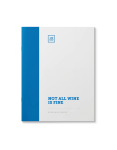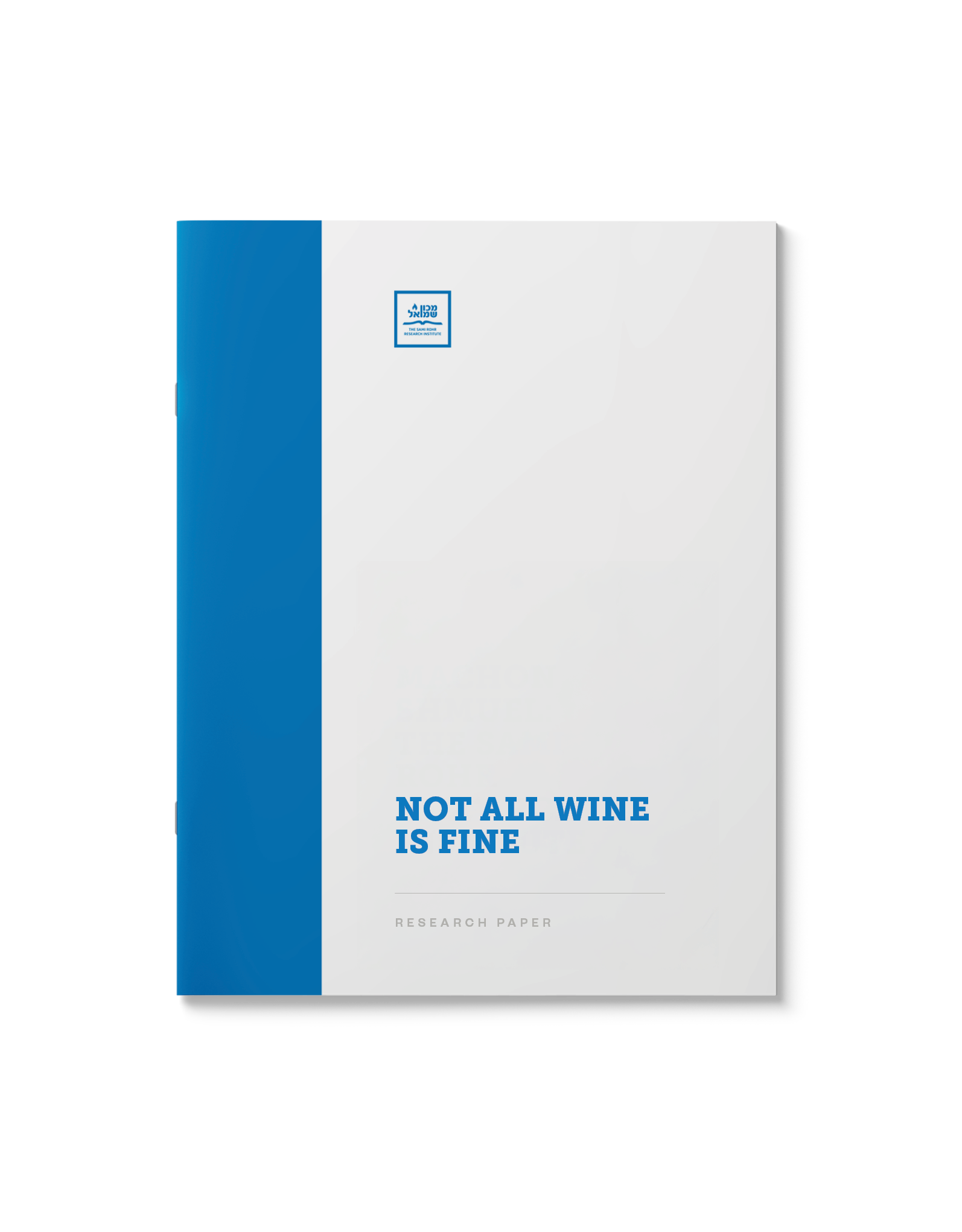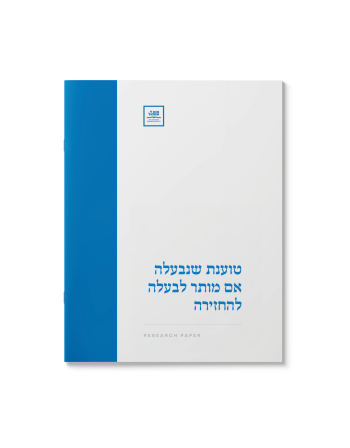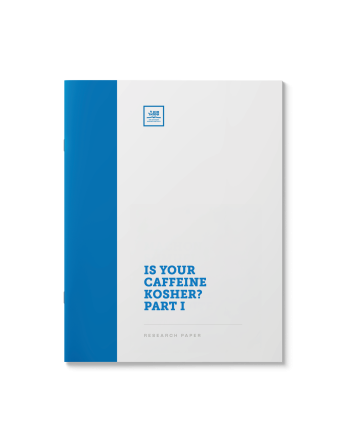| Language | English |
|---|---|
| Paper Type | Research Paper |
| Pages | 30 |
Related Products
Where should a mezuzah go? An analysis of the Chabad approach, where the mezuzah is placed on the doorpost opposite the hinges.
Does making tztitis at night make them invalid? What was the
position of the Rebbeim in this regard?
Many of contemporary society’s challenges could be remedied by the observance of the mitzvah of honoring one’s parents. Yet Kibbud Av V’Em is a broad and sweeping mitzvah with vaguely defined boundaries. To what extent are we obligated? Are we required to sacrifice our own social life to care for our parents? Does it apply to marriage partners? How do we define respect? Learn the Torah’s definition of honoring our parents.
Food makes the world go around. But for the Jewish consumer there’s a whole other angle to consider: is the food Kosher?
To the discerning Jewish palate, the question also relates to the rationale behind the mitzva. Are there material or spiritual benefits to be had from its fulfillment or must it be carried out only because G-d has so ordained it?
Everyday life presents many instances where one ought to wash their hands: cutting nails, using the restroom, taking a nap, to name just a few. A review and commentary on the range of activities that require netilas yedayim.
In addition to the Prohoibition against Gambling, observant Jews seem to have an aversion to the standard deck of playing cards.
What could be wrong with an innocent game of Solitaire?
It is common practice for those wearing a Tallis in shul, to remove it before entering a washroom. Why would a Tallis be any different than an ordinary pair of Tzitzis and Yarmulka that are never removed for this purpose
Jewish law regulates the consumption of food cooked by a Gentile. Is microwaving considered cooking for this purpose? This paper
illustrates how the ancient kashrut laws apply to modern technologies.
For some, only a serious serving of Cappucino or Esspresso can pack in a much needed energy boost for the day.
With 11,962 Starbucks locations throughout the United States, the prospect of buying coffee from your local coffee shop raises some important halachic questions.
Part I:
Does a coffee prepared by a non-Jewish barista involve an issue of Bishul Aku”m? May one drink inside the coffee shop, or only to-go? What was the Arizal’s unique take on the subject? Also: what is the proper Bracha on coffee beans?
(Hebrew)
This paper features a compendium of sources for the
instruction of foundational aspects of the mitzvah of Tefillin.
עם הנבחר מתייחד בתכונותיו של רחמנות וגמילות חסד. אלא שלפעמים מתווצר גם מצב הנותן משום לשאלה: האם אפשר לכוף את העשיר לנדב מהונו לצדקה? או שמא אינו תלוי אלא בנדיבות לב של כל אחד ואחד? על מצות הצדקה ותנאיה.
Scientific advances have unlocked some of the ‘source code’ of living organisms, where by splicing genes from, say, arctic salmon into strawberries, or mice into chickens, we can produce strains of plants and animals which grow better, are more resilient, and are more beneficial economically or otherwise.
While discussion abounds regarding the long-term health effects of these developments, what is the Torah’s view on such manipulation? Do the ethos of kilayim preclude meddling in G-d’s domain? Or does the command to “fill the earth and subdue it” (Bereshis 1:28) provide the ethical mandate to do just that?
What are the Halachic ramifications? Is the act of implanting the gene –in flora or fauna- a violation of kilayim? What is the kosher status of the resulting hybrids? Does the status of the donor carryover to the recipient? What if the transferred genes affect the presence of the traditional kosher signs? (a tuna with no scales, a shark with scales)? Is an Esrog which has been thus modified considered a Murkav, disqualifying it from use for the Mitzvah?
Is there a spiritual effect? Do the characteristics of those animals which the Torah deems negative carry over into the new creature? Would consuming this (otherwise Kosher) creature bring spiritual coarseness (timtum halev)?
A collection of Tshuvos and articles in Hebrew and English.







![The Kosher Diet - Healthy in Body and Soul [New!]](https://catalog.myjli.com/wp-content/uploads/2025/05/SAMSTKD-350x448.png)







